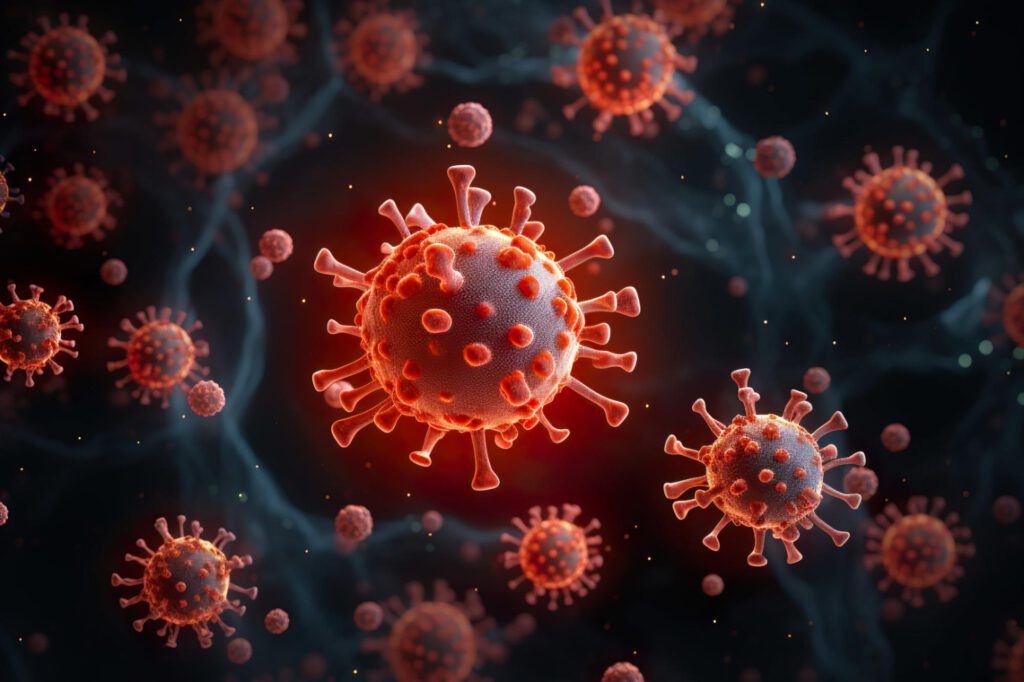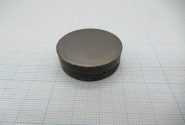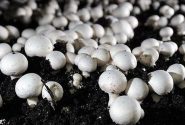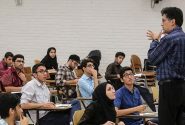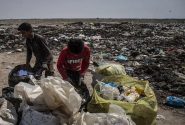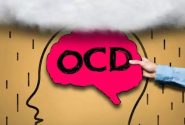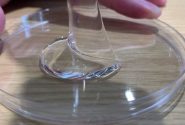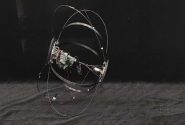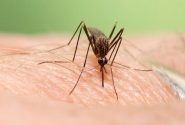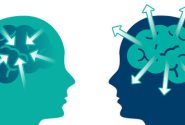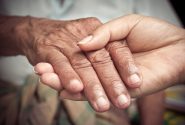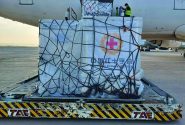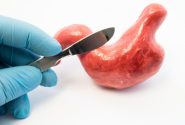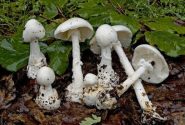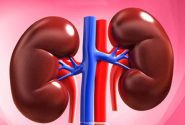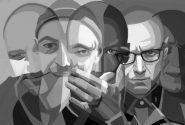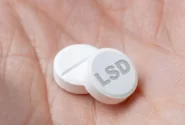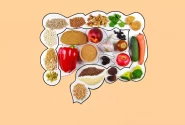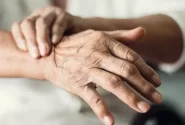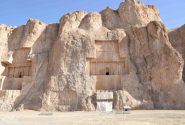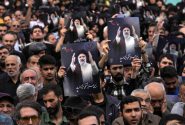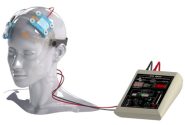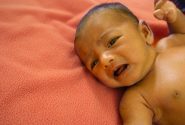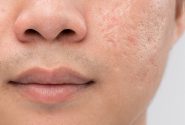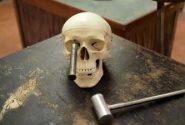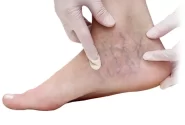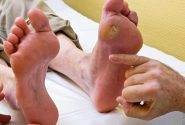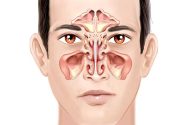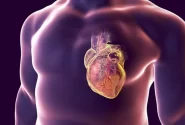به گزارش پایگاه خبری تحلیلی تسریر، به نقل از وبامدی، دانشمندان در تحقیقات خود روی کووید طولانی مدت، آنتی ژن های کووید را در خون تا ۱۴ ماه پس از عفونت و در نمونه های بافتی بیش از ۲ سال پس از عفونت یافتند.
دکتر «مایکل پلوسو»، محقق بیماریهای عفونی در دانشکده پزشکی UCSF سانفرانسیسکو گفت: «این دو مطالعه برخی از قویترین شواهد را ارائه میکنند که تا کنون نشان میدهد آنتیژنهای کووید میتوانند در برخی افراد باقی بمانند، حتی اگر فکر میکنیم که پاسخهای ایمنی طبیعی دارند.»
دانشمندان نمی دانند چه چیزی باعث کووید طولانی مدت می شود که در آن علائم بیماری ماه ها یا سال ها پس از بهبودی باقی می ماند. شایع ترین علائم آن خستگی مفرط، تنگی نفس، از دست دادن بویایی و درد عضلانی است.
تیم تحقیقاتی UCSF نمونه های خون ۱۷۱ فرد آلوده را مورد بررسی قرار داد و دریافت که پروتئین “سنبله” COVID هنوز تا ۱۴ ماه پس از عفونت در برخی افراد وجود دارد. این آنتی ژن ها بیشتر در افرادی یافت می شود که با کووید در بیمارستان بستری شده بودند یا بسیار بیمار بودند اما در بیمارستان بستری نشده بودند.
محققان بانک بافت کووید UCSF، که حاوی نمونههای اهدایی بیمارانی است که با این بیماری عفونی دست و پنجه نرم کرده اند، را تجزیه و تحلیل کردند. آنها تا ۲ سال پس از آلوده شدن افراد، بخش هایی از RNA ویروسی را در بافت یافتند، اگرچه هیچ مدرکی دال بر عفونت مجدد وجود نداشت.
به گفته محققان، این قطعات ویروسی در بافت همبند که سلولهای ایمنی در آن قرار دارند، یافت شد که نشان میدهد این قطعات باعث حمله سیستم ایمنی شدهاند. تیم UCSF در حال انجام آزمایشات بالینی است تا دریابند که آیا آنتی بادی های مونوکلونال یا داروهای ضد ویروسی می توانند ویروس را از بین ببرند یا خیر.
این یافتهها در Conference on Retroviruses and Opportunistic Infections ارائه شد.
Scientists at the University of California San Francisco have discovered that remnants of the COVID-19 virus can linger in blood and tissue for more than a year after a person is first infected.
In their research on long COVID, the scientists found COVID antigens in the blood for up to 14 months after infection, and in tissue samples for more than 2 years after infection.
“These two studies provide some of the strongest evidence so far that COVID antigens can persist in some people, even though we think they have normal immune responses,” Michael Peluso, MD, an infectious disease researcher in the UCSF School of Medicine, who led both studies, said in a statement.
Scientists don’t know what causes long COVID, in which symptoms of the illness persist months or years after recovery. The most common symptoms are extreme fatigue, shortness of breath, loss of smell, and muscle aches.
The UCSF research team examined blood samples from 171 infected people and found the COVID “spike” protein was still present up to 14 months after infection in some people. The antigens were found more often in people who were hospitalized with COVID or who reported being very sick but were not hospitalized.
Researchers next looked at the UCSF Long COVID Tissue Bank, which contains samples donated by patients with and without long COVID. They found portions of viral RNA in the tissue up to 2 years after people were infected, though there was no evidence of reinfection.
Those viral fragments were found in connective tissue where immune cells are, suggesting that the fragments caused the immune system to attack, according to the researchers.The UCSF team is running clinical trials to find out if monoclonal antibodies or antiviral drugs can remove the virus.
The findings were presented in Denver this week at the Conference on Retroviruses and Opportunistic Infections.
تسریر مراقب سلامتی شماست!

